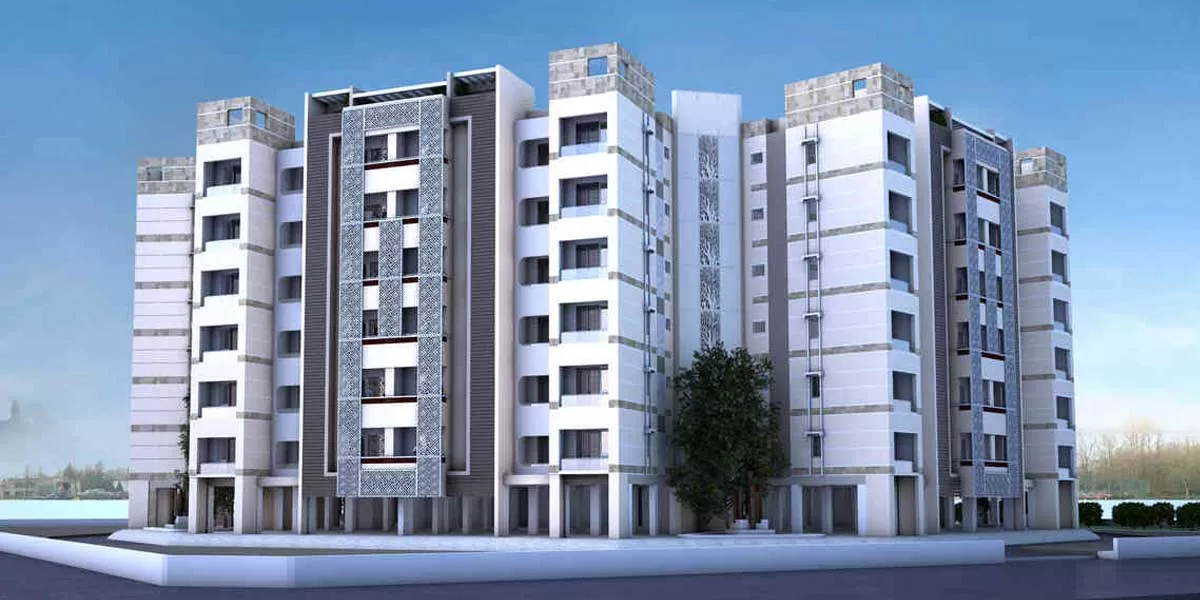Rules for Tamil Nadu apartment ownership act rolled out
30 Sep 2024
4 Min Read
CW Team
The Tamil Nadu Apartment Ownership Act, which came into effect on March 6, 2024, has been strengthened by the introduction of rules by the Housing and Urban Development Department on September 24, 2024. These rules provide a framework for the redevelopment of 30-year-old buildings, which had been stalled due to resistance from a small number of residents.
According to the rules, apartment owners must establish an association, create bye-laws, and register the association, with a minimum of four apartment owners required to form an association. Each association shall have a board of managers, and in the case of multiple towers on a property, the associations can form a federation, with the president and treasurer of each association serving as members.
The board of managers will act as trustees for the association members and be responsible for the overall management of the association. A person owning multiple apartments in a building will be considered the owner of a single apartment.
"Resolution must for redevelopment of the project. The board of managers either suo-motu or on request from one-fourth of the apartment owners, shall convene a special general meeting and pursuant to the resolution passed, the association with the consent, in writing, of not less than two-thirds of apartment owners of the project, shall intimate the chief planner, area plan unit of Chennai Metropolitan Development Authority or the local planning authority, about the decision taken by the association for redevelopment of the project," said a housing and urban development official.
The association must notify all apartment owners in writing within ten days of submitting the decision. If any apartment owner is dissatisfied with the manner in which consent for redevelopment was obtained, they may file an objection with the relevant authority within thirty days of receiving the intimation letter from the association. The authority will then issue a notice to the concerned parties and conduct an inquiry.
If the authority is not satisfied with the manner in which consent for redevelopment was obtained, it will issue necessary directions to the association. If due process has been followed, the objection will be rejected. "However, if the appropriate authority has certified that the building is in a ruinous condition or it may endanger the lives of the occupants or any other person, the association shall convene a meeting and pass a resolution for engaging a promoter/consultant for preparation of a detailed redevelopment report and to submit the same to the association for its approval," said the official.
The redevelopment report should include details such as carpet area, alternative accommodation or rent payment, security deposit, vacant area, garden, parking, building specifications, common areas, recreation facilities and amenities to be provided to the apartment owners, required approvals/permissions from all statutory bodies, time-limit for completion of the redevelopment project, and other necessary matters.
The association must then obtain written consent from at least two-thirds of the apartment owners for the redevelopment agreement. The association will enter into an agreement with the promoter and submit the redevelopment scheme to the authority within thirty days of execution.
"The authority shall verify the same and authorise the redevelopment scheme and within 90 days the promoter and the association shall register the redevelopment scheme. For redevelopment schemes, the stamp duty and registration fee shall be as applicable on joint development agreement," said the official.
Within 30 days of receiving the copy of the redevelopment scheme, the association must serve notice to all apartment owners and occupants to hand over vacant possession of the apartment to the promoter. "If any person does not vacate or refuses to hand over vacant possession of the apartment, the association shall approach the respective authority. If any person resists or obstructs the authority, police protection will be sought for evicting the person," the official added.
Once the redevelopment project is completed, the association will hand over the redeveloped apartments by issuing handover certificates. The planning authorities are required to create an online system for submitting applications.




















